

Mosquitoes are some of the worst pests out there. They buzz around and harass people and seem nearly impossible to get rid of. Let’s not even talk about those bites when a mosquito happens to feast on you or the kiddos.
We see mosquitoes the most in warm or moist areas. They can travel a lot and fly really high but you can almost always find them where there is warmth, humidity, or stagnant water nearby. While it might seem like these flying pests just feed on people like you, they actually do need other sustenance as well.
You might be surprised at a mosquito’s diet or even what they need to survive or fly. If you’re curious, we encourage you to read on and find out more below!
For the most part, mosquitoes thrive on blood and nectar. This is what comprises their diet and what you will find to be the sustainability to keep them flying, reproducing, and alive. They might eat different things at different times or even at varying stages of their lives.
From larvae to adult mosquitoes, their nutritional needs do change, requiring them to adjust their eating habits to account for their activity and needs. There are more than 200 species of mosquitoes out there. While their needs may vary slightly, most of them have similar eating habits.
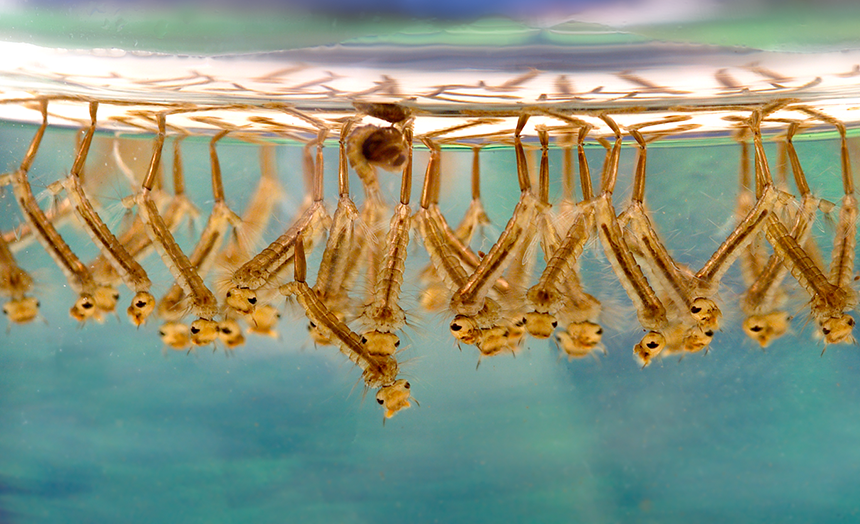
Mosquitoes start out their lives as larvae. At this stage, they are not flying and are confined to wherever they are hatched. In most cases, this will be in or around stagnant water. It’s not always in water but water is definitely a common location for the larvae to be born.
As larvae, they eat whatever is near them. This can be any type of organic material around them and often includes things like bacteria, algae, or other microorganisms similar. Think of things that might be found in stagnant water and that is what they feed on.
If you want to prevent babies from being around your home, you can get rid of areas with stagnant water or be proactive and use one of the best mosquito killer sprays around your home.
A baby mosquito would be in the stage directly after larvae. This is when the mosquito becomes a pupa. During the larvae stage, they stock up on nutrition from the area they are living in.
However, as baby mosquitoes, they don’t need to eat. They just survive as they are. These pests don’t need any sustenance. Although, in some cases, they will eat each other.
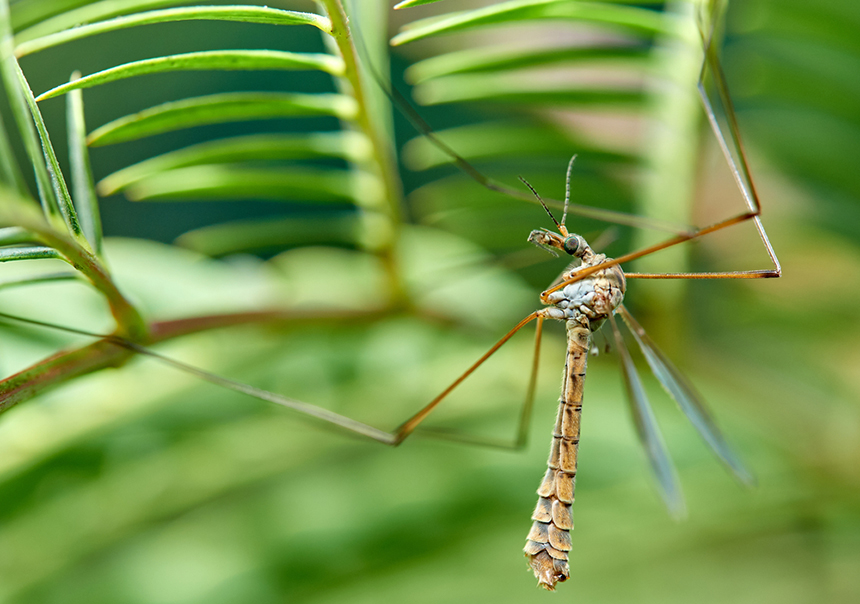
Mosquito eaters are almost inappropriately named. These insects look like giant mosquitoes and considering they are called mosquito eaters; you would expect them to help rid the world of mosquitoes. Now, that being said, they will eat mosquito larvae, which prevents more flying mosquitoes from aging into adults.
Mosquito eaters don’t even eat the larvae that often. They prefer sweet things and eat a lot of nectar from flowers or even fruits to sustain themselves. They cannot eat full-grown mosquitoes, despite their size.
The elephant mosquito is much like a normal mosquito, but different. These mosquitoes are slightly larger than your everyday mosquito but they also do not eat blood.
If you happen to be vacationing in Florida or somewhere that they love to hang out, you could use a bed cover net or something to simply keep them away. They are mostly harmless to humans.
These mosquitoes live only on sugary items like flower nectar, fruit juices, honeydew, or even plant sap.
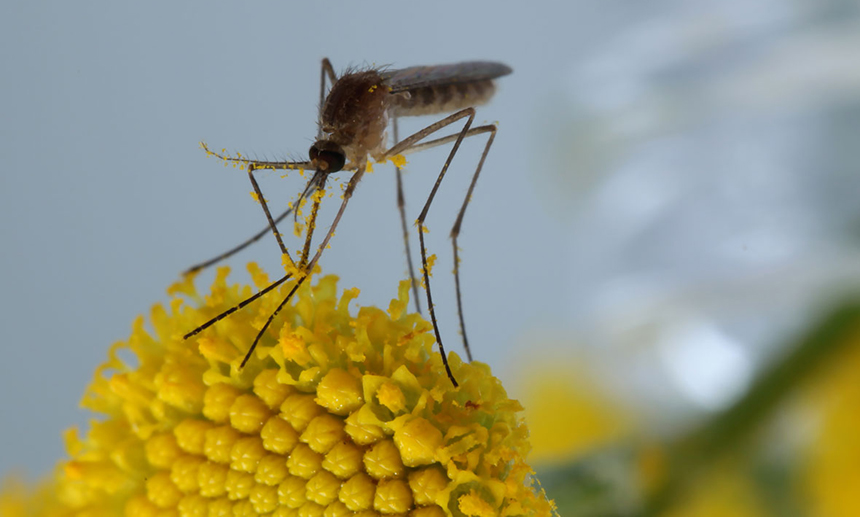
When it comes to what plants do mosquitoes eat, their plant diet is mostly just for very sweet things. They don’t necessarily eat leaves of plants or roots and stems. Instead, they will drink from flowers, enjoy some nectar, suck up fruit juices or plant sap, and survive on liquid elements.
Not all mosquitoes have to eat blood to survive. In fact, you will find that there are a good number of them that don’t have to eat blood or don’t eat blood at all. This might be hard to believe when you consider how many mosquitoes bites you experience.
However, male mosquitoes do not eat blood at all and some species don’t eat blood either. Female mosquitoes eat blood as adults because it helps with reproduction. These females are persistent and enjoy human blood. However, they actually prefer certain animal blood over humans. This includes livestock, frogs, and birds.
Mosquitoes hibernate during the winter and don’t need to feed at all. Most of them prepare for winter by eating extra and sometimes alternating between nectars and blood to build up more body weight for survival.
Male and female mosquitoes are very different when it comes to their meals. Take a look at these differences.
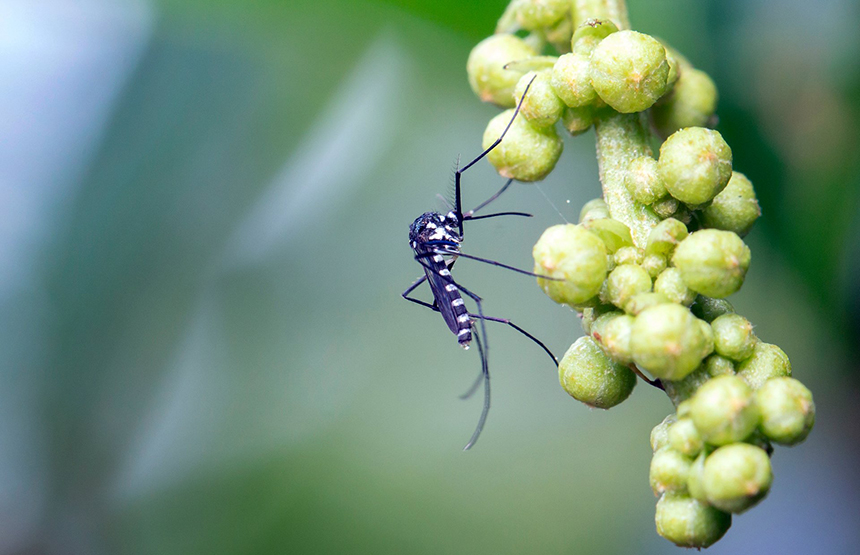
Male mosquitoes are almost picky about their food. They don’t enjoy blood and they don’t need blood to survive. Most male mosquitoes never eat blood but instead feast on things like flower nectar. They might also enjoy sap, fruit juices, and other sweet liquids.
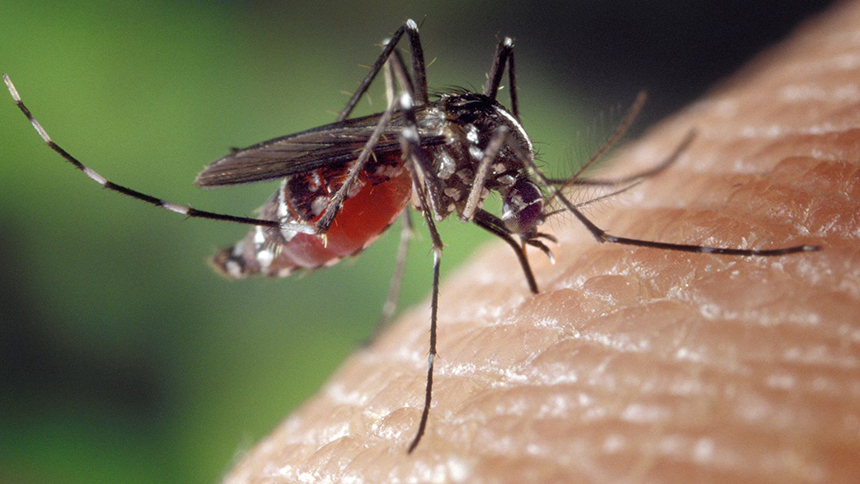
Female mosquitoes are the ones that you have to watch out for. They do eat a large amount of flower nectar, just as males do. However, females need blood in order to stimulate and support reproduction. Blood is how they are able to produce eggs. They store the blood they consume separately from the nectar.
Mosquitoes can be tricky. You can always use a repellent like this roll-on gel for spot treatment or when you are noticing mosquitoes. You can also use the sprays that we shared here earlier. If you want to treat your whole home to get rid of mosquitoes, try something like these best mosquito foggers.
If you just have a few random mosquitoes, indoor mosquito killers work really well too.
There is no simple answer to the question of what do mosquitoes eat. While we mostly assume that they just feast on our blood all the time, this is not an accurate representation of their diets. In fact, only female mosquitoes actually eat blood. While they are annoying, imagine how bad it could be if they all ate blood.
Mosquitoes prefer sweet things like nectar for their survival. Some mosquitoes do eat blood, but this is just to sustain the females for reproduction. That means that if you’re concerned about bites and keeping mosquitoes at bay, it’s the females and the eggs that you really need to try to watch out for and take action to prevent.